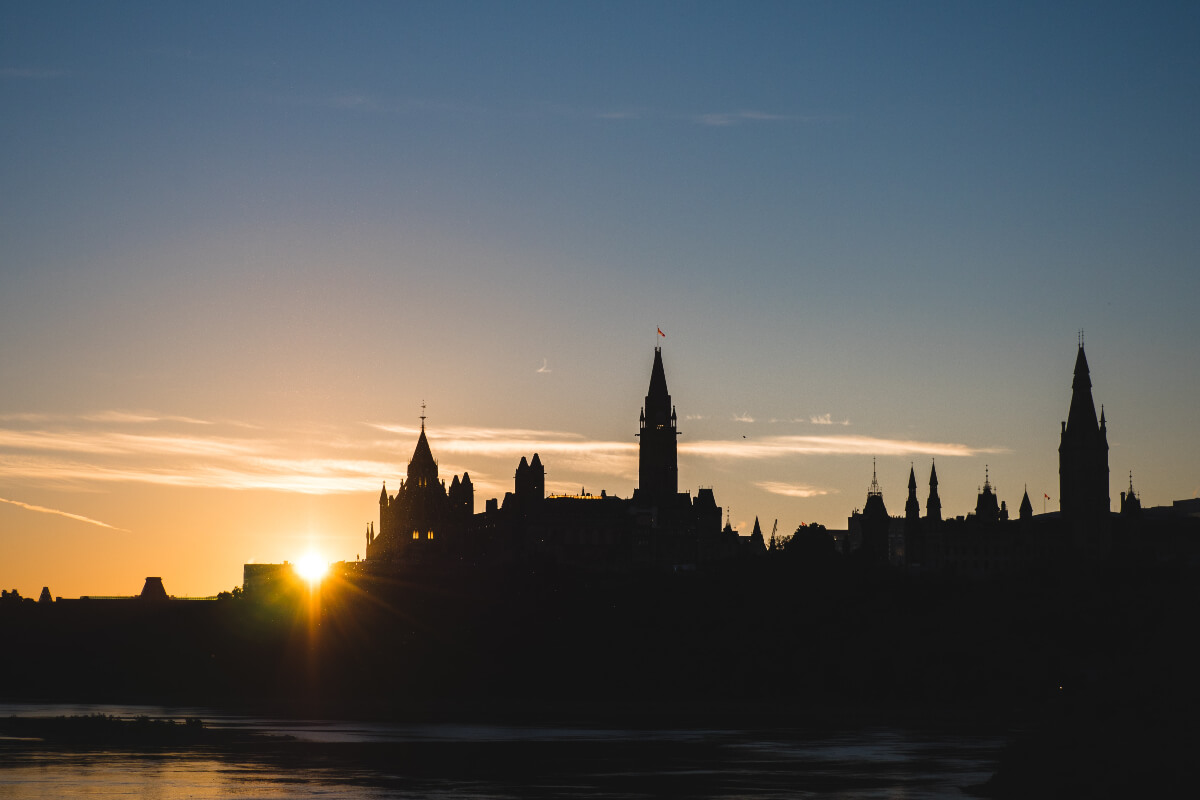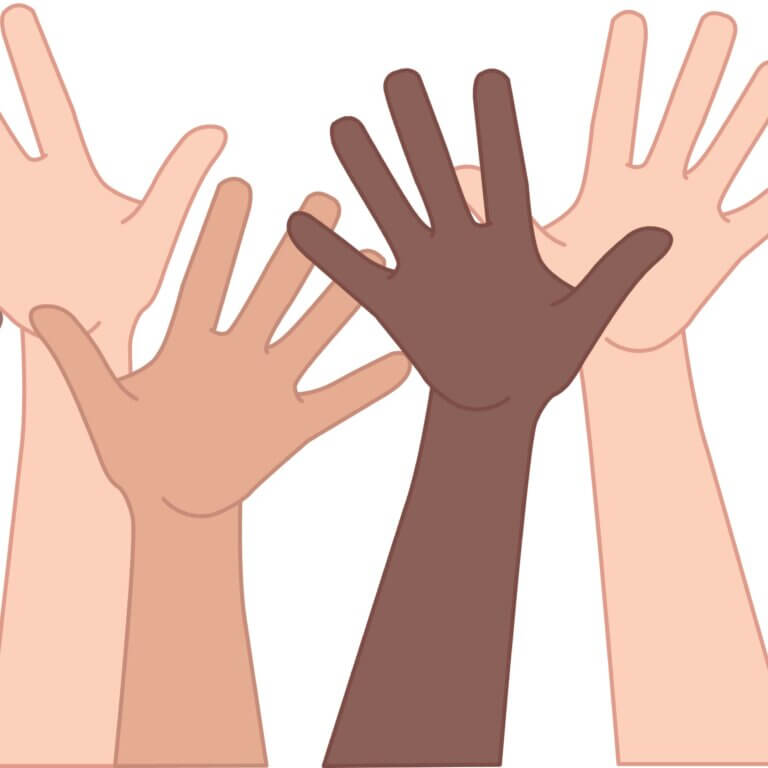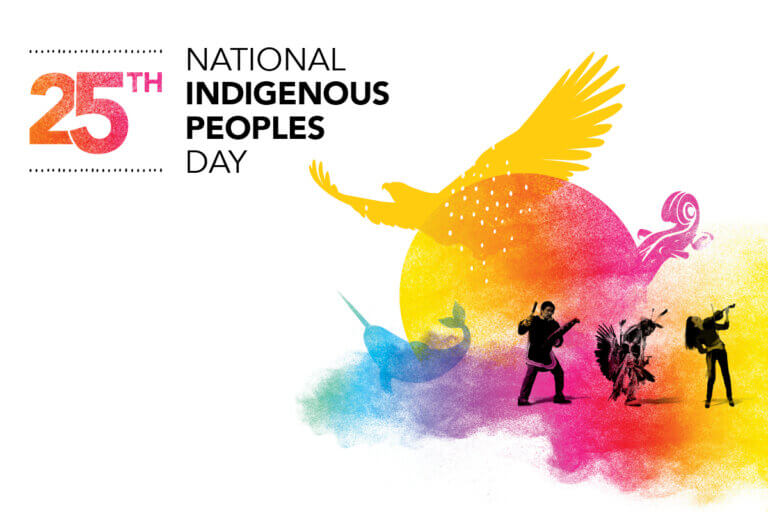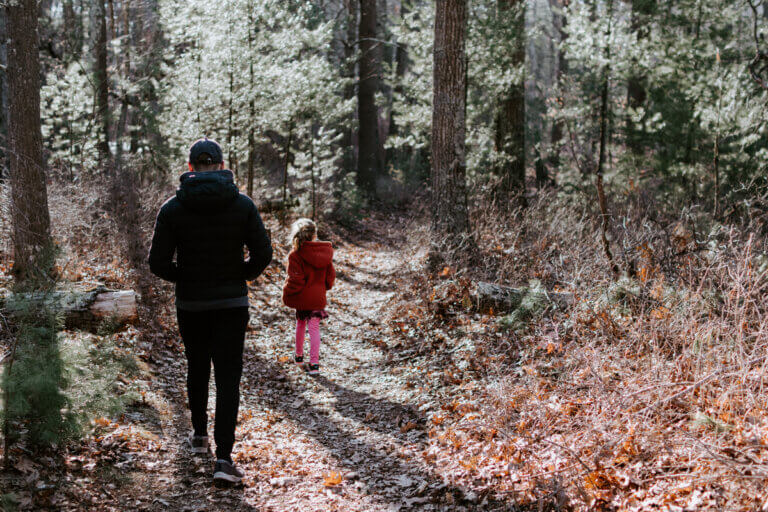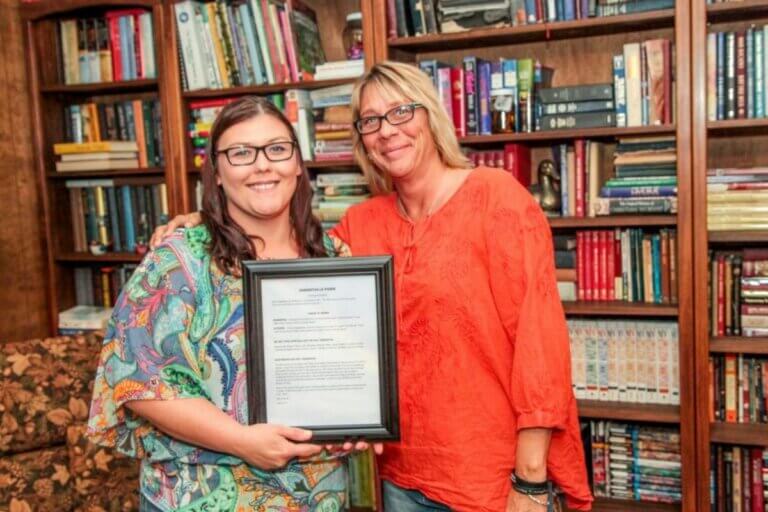The Canadian government passed legislation in 2021 to make September 30th an official statutory holiday called the National Day for Truth and Reconciliation.
The day is meant to be an opportunity for Canadians to commemorate the survivors of the residential school system and their families through quiet reflection or community events.
New National Day for Truth and Reconciliation in 2021
Although it was originally proposed in 2015, the holiday was put into legislation on June 3rd of this year, not long after the remains of 215 children were found on the grounds of what was previously the Kamloops Indian Residential School in May.
Since then, more remains have been uncovered, and it’s been estimated that upwards of 6,000 children died at the residential schools.
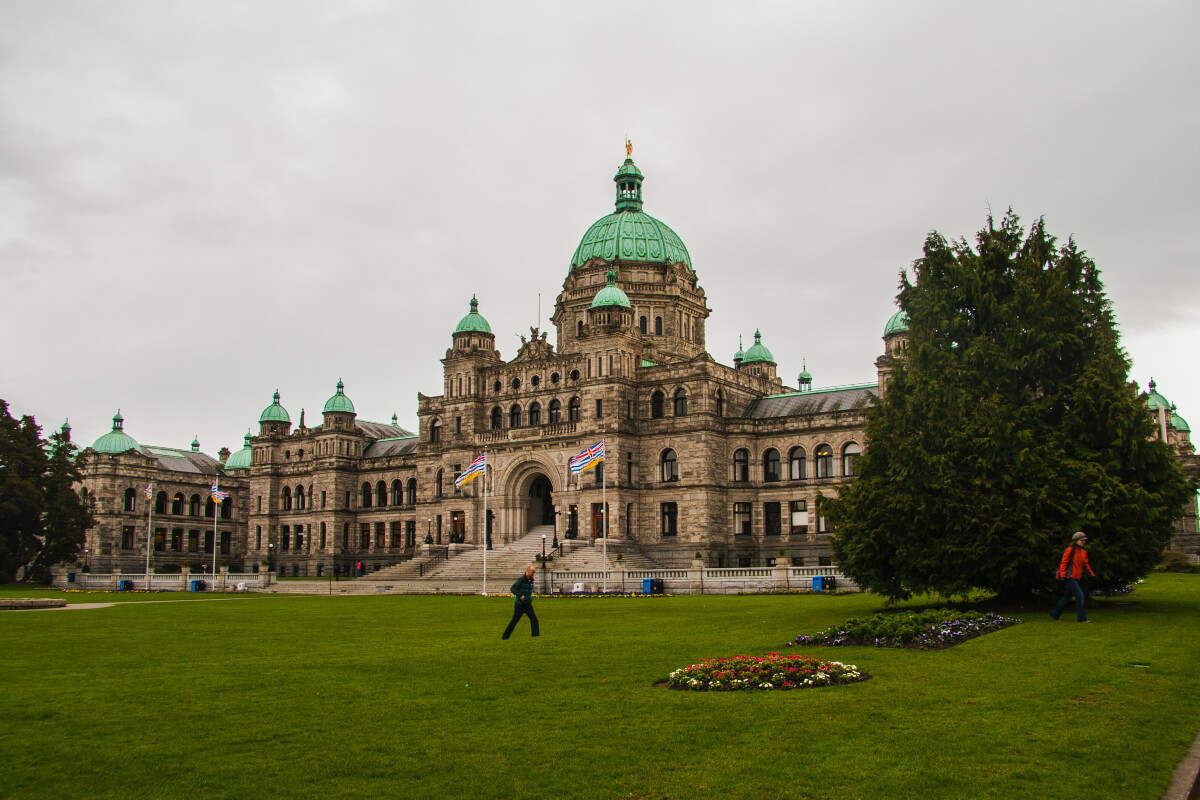
Here are 5 Things You Need to Know About National Day for Truth and Reconciliation 2021
Here’s what you need to know about the upcoming National Day for Truth and Reconciliation 2021:
1. Federally Regulated Employees Have the Day Off
Since the National Day for Truth and Reconciliation is a federal statutory holiday, public servants or those who work in banks, post offices or other government institutions will have the day off. This means government employees will have two statutory holidays in September including Labour Day.
2. Most Provinces Won’t Observe the Day as an Official Holiday
Although the National Day for Truth and Reconciliation is an official federal statutory holiday, many provinces will not be observing the day. However, British Columbia and the Northwest Territories have announced that they are advising all public sector employees to do so, and the city of Saskatoon will also be observing the day as a paid statutory holiday for government workers.
3. The Day Was Designated to Honor the Survivors of the Residential School System
Related Articles
In 2015, Canada’s Truth and Reconciliation Commission suggested the creation of a statutory holiday as an opportunity to remember the indigenous people who were affected by the residential school system. It was part of 94 recommendations in the Commission’s final report, which noted that the day would be a chance “to honour survivors, their families, and communities, and ensure that public commemoration of the history and legacy of residential schools remains a vital component of the reconciliation process.”
4. The Day Represents an Opportunity for Education, Reflection and Communication
For those who have the day off, the National Day for Truth and Reconciliation provides a chance to engage in educational activities, speak to the community or Indigenous Elders, or attend an event. The Mi’kmaw Native Friendship Centre in Halifax will be holding a three-day event to commemorate the day, while the University of Calgary will be shutting down and holding an event organized by the Indigenous Engagement team and Indigenous Elders.
5. It’s Also Orange Shirt Day on September 30th
On September 30, many people across Canada will be wearing orange in honour of Orange Shirt Day, which was established prior to the official statutory holiday, the National Day for Truth and Reconciliation. Wearing orange on this day signifies a commitment to the ongoing reconciliation process and continuing the dialogue about residential school systems on a global scale. To learn more about the culture, history, traditions and art of Indigenous communities in Canada, here’s a list of resources we compiled for 2021 National Indigenous Peoples Day.
